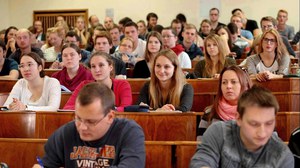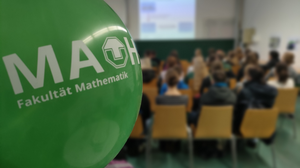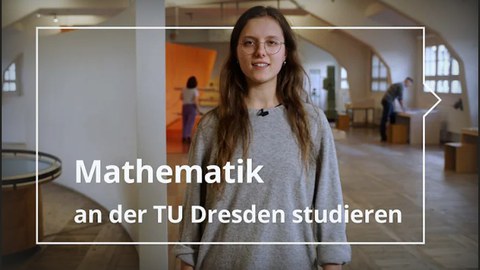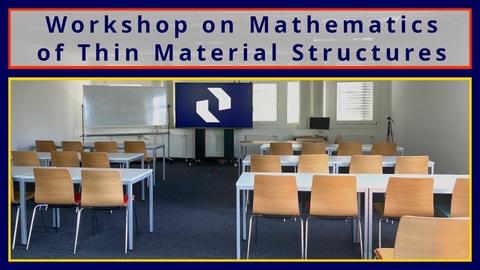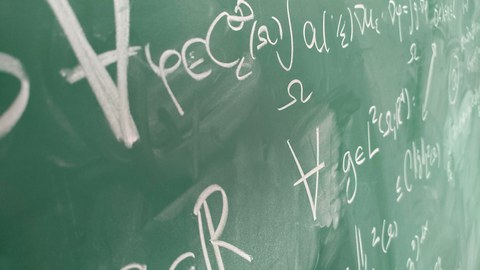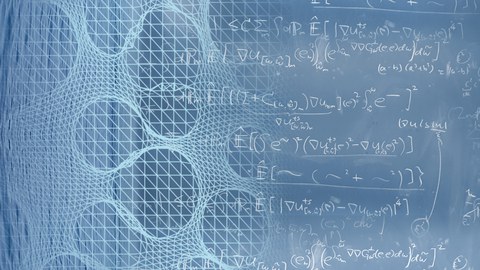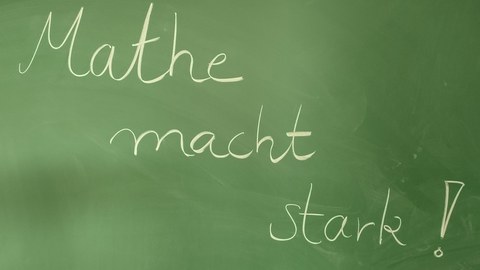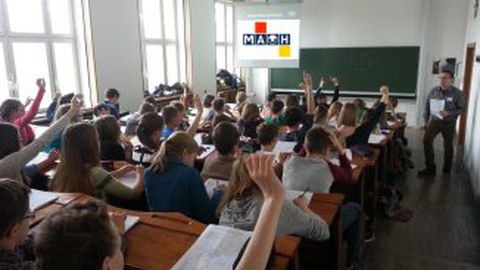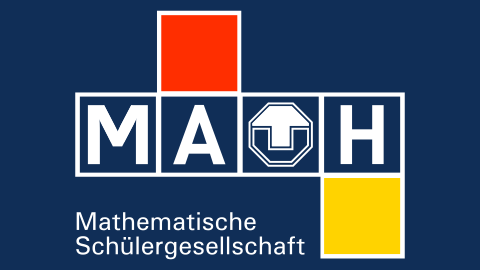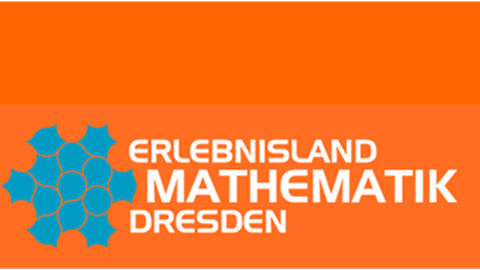Studying mathematics at TU Dresden
Mathematics is the language of science and technology. Mathematicians no longer exclusively work in schools, universities and research institutions; we find them and their expertise in almost all areas of the economy.
At TU Dresden, you have the possibility of studying application- and research-oriented mathematics.
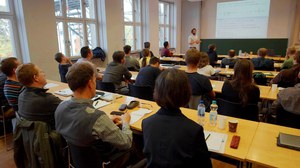 © Götz Walter, © Biermann-Jung Kommunikation & Film
© Götz Walter, © Biermann-Jung Kommunikation & Film
Studying mathematics at TU Dresden
It's all in one document: Study brochure Mathematics
Everything at a glance: The Faculty of Mathematics on YouTube
Programmes for pupils: here.
Our Faculty With 27 professors, the Faculty of Mathematics is one of the largest mathematical faculties in Germany. We distinguish ourselves a broad research spectrum and cover almost all areas of mathematics in research and teaching: Pure mathematics, mathematics bordering on the natural, engineering, social and life sciences, business mathematics and especially the didactics of mathematics. As a student, you can choose from a wide range of basic and specialised courses. You can arrange your studies individually according to your interests and get to know current mathematical research within the scope of your studies.
Video: The Faculty of Mathematics introduces itself.
What is mathematics? This question is not so easy to answer, because mathematics has many facets. Mathematics is often referred to as the language of science and technology because mathematical models are used in almost all sciences and the ability to describe, simulate and optimise processes mathematically is a central component of technological progress. But mathematics is also being developed and valued independently of any application context. Mathematicians often regard their results as works of art and speak of "beautiful statements" or "elegant proofs". As in art, working with mathematics can be a very creative activity.
Video: What is mathematics?
Studying mathematics. At the Faculty of Mathematics, you can study mathematics in the mathematical degree programmes (Bachelor and Master) and the teacher training programme.
Studying mathematics initially has little to do with school mathematics. As a student, you will acquire universal thinking structures during your studies, which are essential in many areas of our society. For example, you will learn to deal with abstract structures, to develop solutions in a structured and independent manner and to quickly familiarise yourself with new situations. In addition, there is, of course, the confident use of mathematical models, formal systems and programming languages, as well as didactics in the context of a teacher training course.
Career prospects. In order to work later as a teacher at a school, students can decide on a teacher training degree programme in mathematics. But what career prospects do our mathematical Bachelor's and Master's programmes offer?
First, there is no uniform occupational profile "mathematics". By studying mathematics, you qualify for many exciting professional fields, for example in companies in the information technology sector, in the finance and insurance industry, in technology departments in companies in the automotive and aircraft industry, in management consultancies and software development.
The career prospects with a degree in mathematics are excellent: The German Mathematicians' Association estimates that less than one per cent of all employable people with a degree in mathematics are unemployed. The Federal Employment Agency calculated a very low unemployment rate of 4 per cent for 2018 for the superordinate occupational group "mathematics and natural sciences".
Video: Career prospects
Our degree programmes
Mathematics (Bachelor)
Mathematics in Business and Economics (Bachelor)
Teacher training Mathematics (in German)
Our courses of study in the Master of Science (at a glance)
Mathematics (Master)
Technomathematics (Master)
Mathematics in Business and Economics (Master)
Computational Modelling and Simulation (Master)
Our Study Advisors will be happy to answer any questions you may have.
Programmes for pupils. You can find our multifaceted offer for pupils here.

